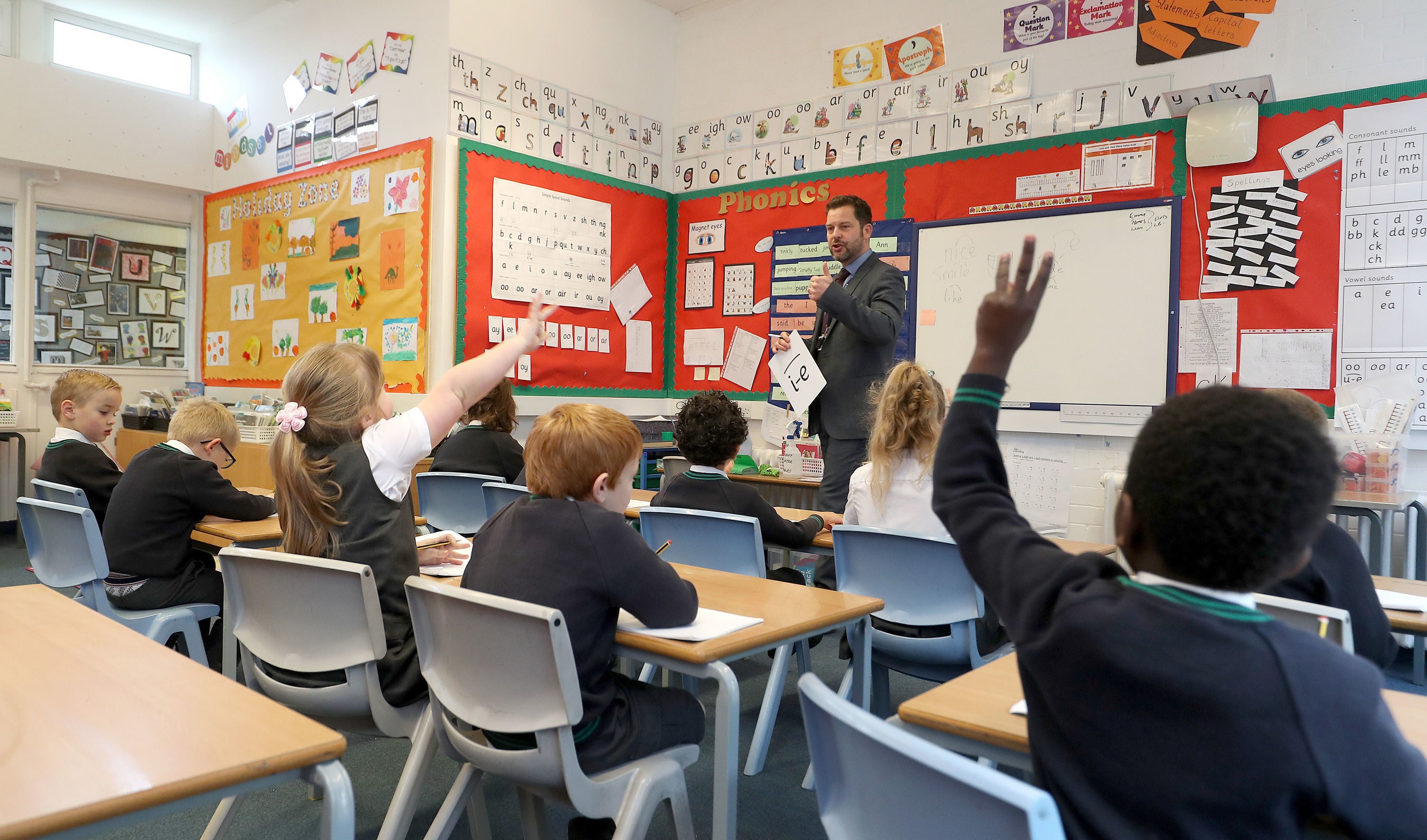Extending the school day would be both good policy and good politics
Voters understand that it is schools that should be in charge of helping their students catch up with their lost studies – and the best way to do so is to fund them to provide extra time for teaching


Extending the school day as a way of improving results, especially among children from the most deprived communities, has been the subject of a long debate in educational circles.
And then suddenly, explosively, this slightly niche issue became the subject of a fierce political argument last week following the dramatic departure of Sir Kevan Collins as the government’s “education catch-up tsar”. The reason, of course, was the decision not to fund Sir Kevan’s £15bn education recovery plan, and instead provide £1.5bn for a much, much smaller set of priorities.
If reports are to be believed, this decision not to press on with the wider proposals centred on doubts in the Treasury, right up to Rishi Sunak, as to whether extending the school day would actually achieve what it was supposed to – and concerns that it would also prove unpopular with England’s 14 million parents of school-age children. Mandarins and politicians in No 11 were worried that it was both a bad and an expensive idea.
Taking these in order, doubts that such a policy would work are surely misguided. There is strong evidence that it is incredibly effective – and especially for the children from the most deprived homes. The Education Endowment Foundation, which used to be run by Sir Kevan, produced an extensive study nine years ago that found that, on average, pupils make two additional months’ progress per year from extended school time and that disadvantaged pupils benefit even more, making closer to three months’ additional progress.
In short, funding Sir Kevan’s plan would almost certainly have helped close the yawning attainment gap between the country’s poorest students and their wealthier counterparts, a gap that has grown extensively over both lockdowns.
The other Downing Street concern – that extra schooling would be unpopular with voters – also appears to be wrong-headed. Of course some polls contradict each other, but a survey carried out at the end of last month by Public First, where I am a director, for the Centre for Policy Studies, found that adding 30 minutes onto the end of the school day was actually supported by 57 per cent of the public.
Voters understand that it is schools that should be in charge of helping their students catch up with their lost studies – and the best way to do so is to fund them to provide extra time for teaching.
The research also found that the pandemic had increased public respect for the teaching profession. They would be horrified – as would I, as would Sir Kevan – if any increase in teaching hours added to the already worrying workload pressures being felt by classroom teachers around the country. And so a way of staffing and funding this project would need to be found.
But the fact is this: extending the school day would be both good policy (it is likely to work) and good politics (voters are likely to back it).
On Wednesday Boris Johnson appeared to give himself a little wriggle room by saying there might in fact turn out to be more cash for catch up in the autumn’s Comprehensive Spending Review.
It is to be hoped that this optimistic take is proven correct – and that it is spent on pushing out “leaving time” by half an hour. This small increase could make a very, very big difference.
Join our commenting forum
Join thought-provoking conversations, follow other Independent readers and see their replies
40Comments